CNC machines are a vital part of the manufacturing processes in numerous different industries. While CNC may not be a household term to most people, it carries weight in the manufacturing sector. These machines are known for their precise movements and accurate, repetitious productions. The complex shapes CNC machines create are impossible to achieve with a standard manual machine. If a job requires a high level of precision, CNC machining is usually the first choice. Read on to learn more about CNC machining.
What is CNC Machining?
CNC machining started in the early 1970’s when the computer became more prominent. It stands for Computer Numerical Control and has influenced nearly every manufacturing process in some way. CNC machines usually replace some form of manufacturing process, such as a drill press. A person has to do a lot of manual work when using a drill press to drill holes, and this can make it difficult for larger companies to maintain productivity. A CNC machine can be programmed to automatically perform this task, and will do everything that the person was doing, like positioning the drill in the spindle, activating the spindle, machining the hole, and turning it off. Once a CNC machine is programmed, it’s quite easy for the operator to keep it running.
Advantages of CNC
CNC machines can run all day, 365 days a year and only need to be turned for occasional maintenance. They can be programmed to manufacture components thousands of times and the outcome will always be the same. Software can be updated on the machines to improve performance, and training with the machine is done through virtual software that is similar to a video game. Advanced design software allows CNC machines to manufacture products that manual machines can’t. CNC machines remove the need to create a prototype or model, as they can perform simulations for the designer. Multiple machines only require one person to supervise them.
Disadvantages of CNC
Due to the influx of CNC machines over the years, the value of manual machining has diminished. Many of the training and skills required to operate manual machines has been lost over the years. Investing in CNC machines can lead to unemployment, as it requires less manual labor. Advanced mathematical and engineering skills were taught to people that wanted to learn how to operate manual machines, such as lathe and milling machines. CNC machines are also more expensive than manually operated machines.
